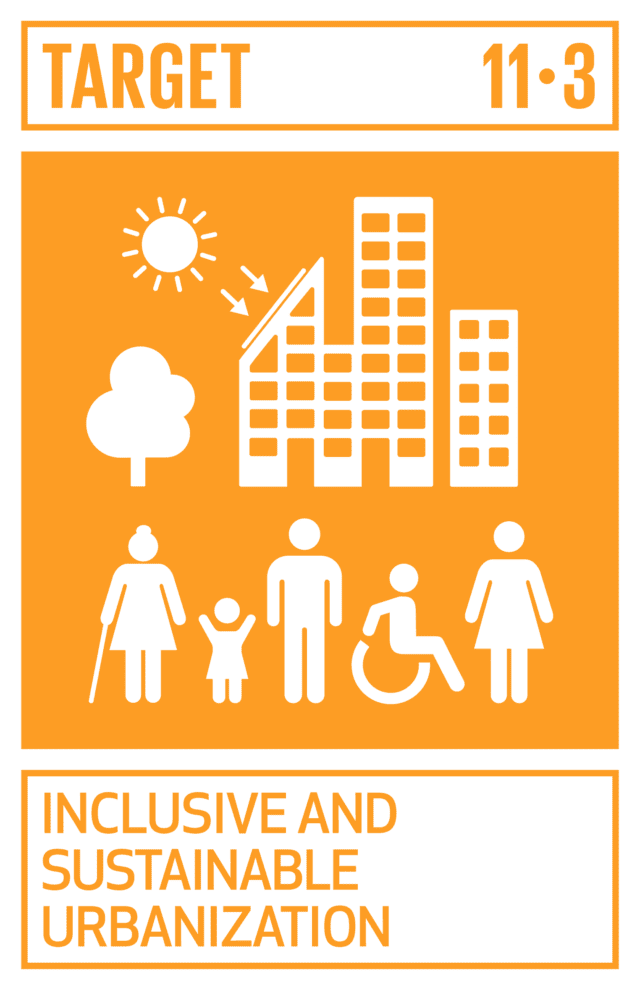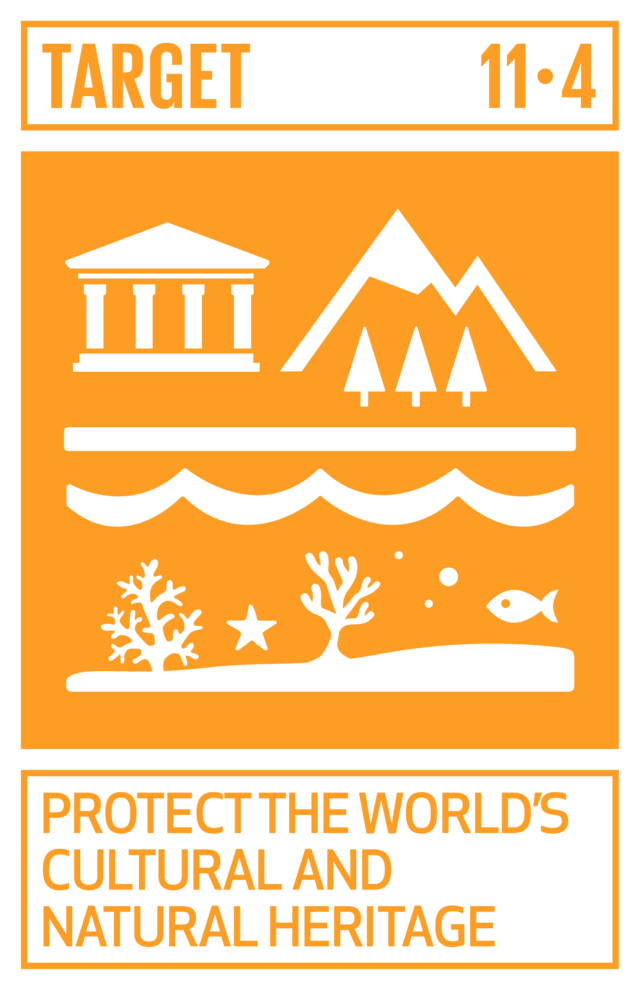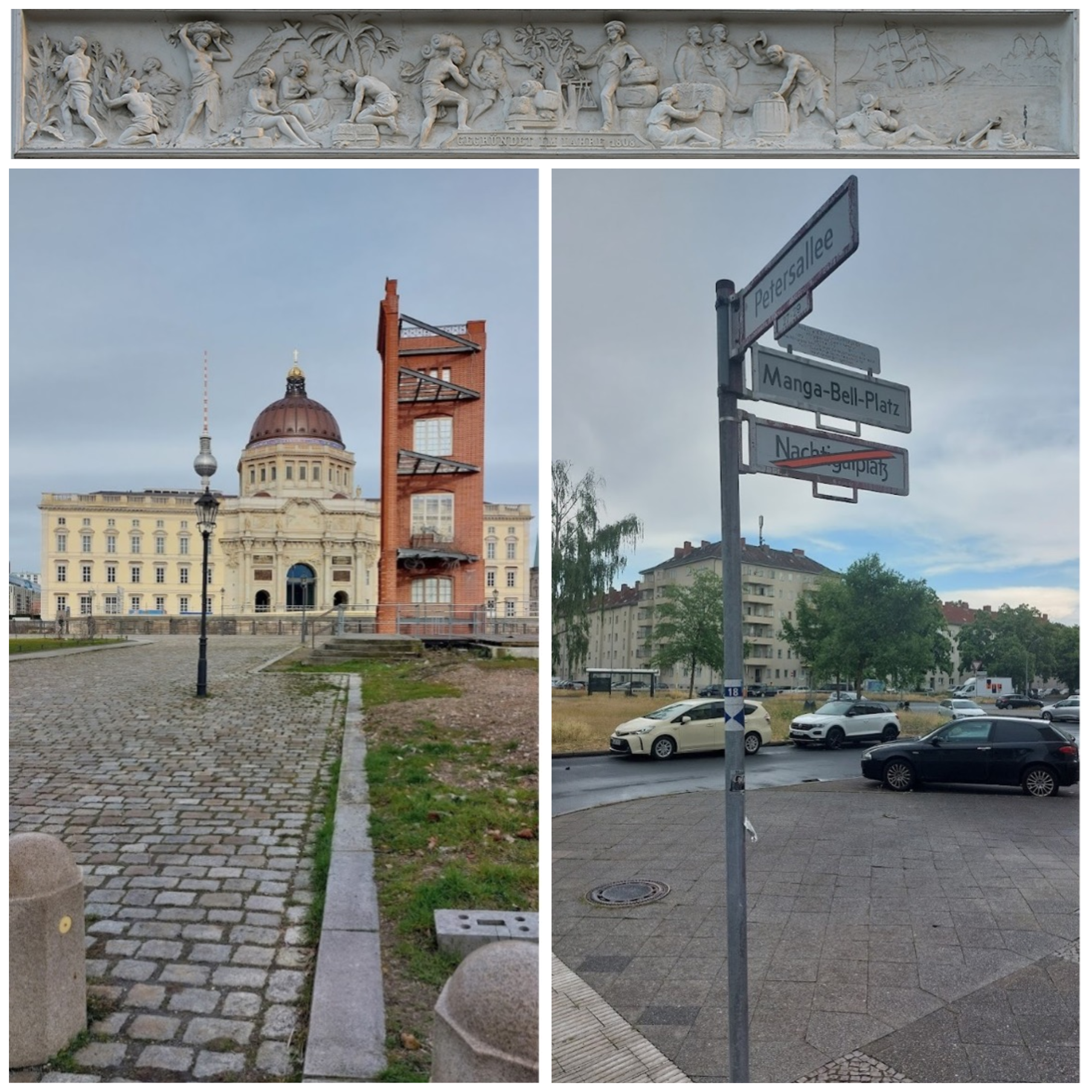Re-narrating Berlins (post-)colonial spaces – entanglements between the Global South and the Global North
Berlin, Germany; Nairobi, Kenya
The project is going to scrutinize the current and historical entanglements between the global North and South by using monuments, architecture, and urban spaces that have a (post-)colonial history in Berlin as a thematic frame. History and its spatial manifestations are seen not only as tangible objects but also as socio-political objectifications. Collective memory ascribes meaning to these sites through public discourses but also through popular culture such as literature and films. Re-narrating the urban spaces from a postcolonial perspective is also subject to numerous initiatives with the aim to decolonize urban spaces the Berlin. Interventions into the public space through museum exhibitions, memorial sites, or re-naming street names can therefore also be seen as a conscious re-narration of public spaces. To ask whose past is present in urban spaces and whose pasts are silenced allows us to bring together the sociology of space (Jochen Kibel) and literature studies (Makau Kitata). The project will elaborate on how methods of literary studies can contribute to decolonize spatial methods in the realm of urban spaces and memory. The project will be conducted within a student research project for MA students at the Institute of Sociology at TU Berlin. In order to prepare the common teaching project Dr Kitata will also introduce the potential of literature studies for urban sociology in a preliminary course during the summer term of 2023.
Research methods
- Literature review and content analysis of public regulations and reports and newspaper articles
- Ethnographic comparison
- Qualitative interviews using qualitative content analysis in MAXqda
SDG #11 Target









